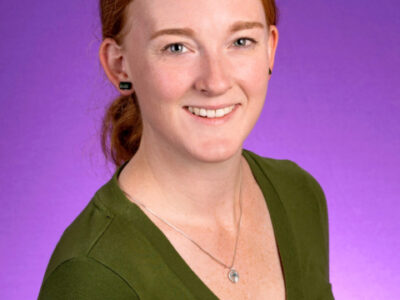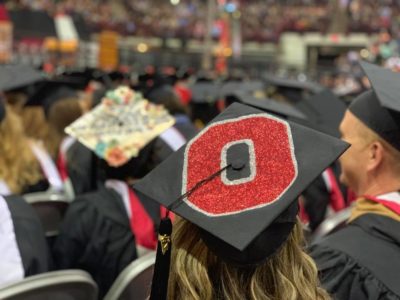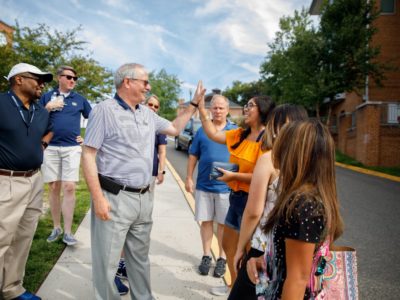It’s March! That means spring Break, St. Patrick’s Day and green beer. Wait… what? I think you forgot something. It also happens that March is Women’s History Month. Have you ever heard of Catherine Brewer Bronson? She was the first woman in history to earn a college degree, paving the way for other women to afford the opportunity to go to college as well. My point in telling you this is that I hope you realize the importance of celebrating feminism during Women’s History Month. So much of what we have as women today has come from historic feminists. I think it is time we shed light on the true purpose of feminism and what it truly means for us as college students.
To celebrate Women’s History Month, check out this interview with ASU’s associate professor Dr. Erin Clark, who specializes in technical communication as it intersects gender studies and feminisms:
Q. What inspired you to specialize in this area of study?

EC: I’ve identified as a feminist from the time I was little, but it was graduate school where my interest was really piqued. That was the first time I began to understand that not everyone understood feminism as an obviously good thing. I taught students who insisted that feminism was a biased worldview, but they absolutely could not process that every worldview is biased. Around this time was also when I started to see a transition in the way people reacted to my feminism: an 8-year-old feminist is cute; a 23-year-old feminist is threatening. As I examined this, I started to determine that this had to do with the potential to make change. Change worries people who benefit from the status quo.
A couple of other relevant examples: While working at a newspaper, I discovered that a man who reported to me made more money than I did. This brought home to me the fact that women continue to make less than men, even controlling things like maternity leave. Today, women make, on average, 77 cents for every dollar a man makes, plus women are disproportionately more likely to pull the “second shift,” meaning they take on the bulk of the childcare and homemaking duties. This is true across all kinds of identity characteristics, with some demographic categories more severely affected (e.g. if we use white men as the measuring stick since studies show they make the most, Black women make 67 cents on the dollar compared to white men for the same work). It should be noted that this is all for the same work and does not take into account that women are more likely to take on part-time work due to family responsibilities.
Q. Do you have any aspirations to help improve the future for women?

EC: I want to help women learn to negotiate better. Studies show that women tend to accept job offers at face value while men tend to negotiate. I think we can start to close the wage gap by simply asking for more. That’s a really practical approach, but the same philosophy applies elsewhere: We have to start by training women— really training them, with role-playing and proactive measures— to ask for what they’re worth.
Q. What would you consider are the main issues facing modern feminism?
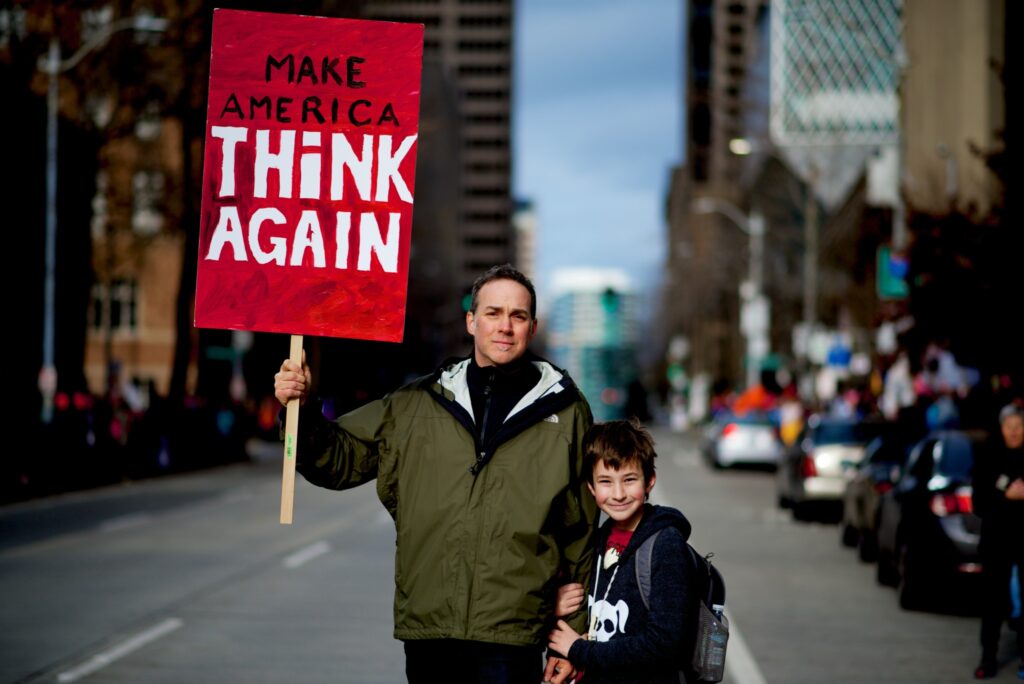
EC: While modern feminism faces many issues, I would say there are three that are most important: First, obviously, I care about wages. This is because money gives access to everything and is really necessary to better women’s lives. It is also because it is such a very measurable metric— an obvious way to chart progress or lack thereof.
On a more theoretical level, I think there are two intertwined issues feminists need to face: intersectionality and mainstreaming. Feminism is always already intersectional, but that doesn’t mean it’s perfect, and we need to keep practicing radical inclusivity in regard to race, sexuality, gender and more. Relatedly, feminists need to get better at talking to non-feminists (and also to other feminists) about what their goals are and what feminism is about. We can’t let other people set the narrative and vilify us. (That whole bra-burning thing? Almost entirely a myth.)
Q. What do you feel are the particular challenges facing female students?

EC: Female students today face many of the same challenges female students have faced in the last half-century, especially in terms of reproductive rights. Perhaps even more importantly, though, they’re entering an atmosphere where it’s increasingly hard to know whom to believe and who has power, and figuring this out has a big impact on their identities.
Q. Is the feminist movement becoming more accepting of those who identify as transgender, and how does this affect college students?
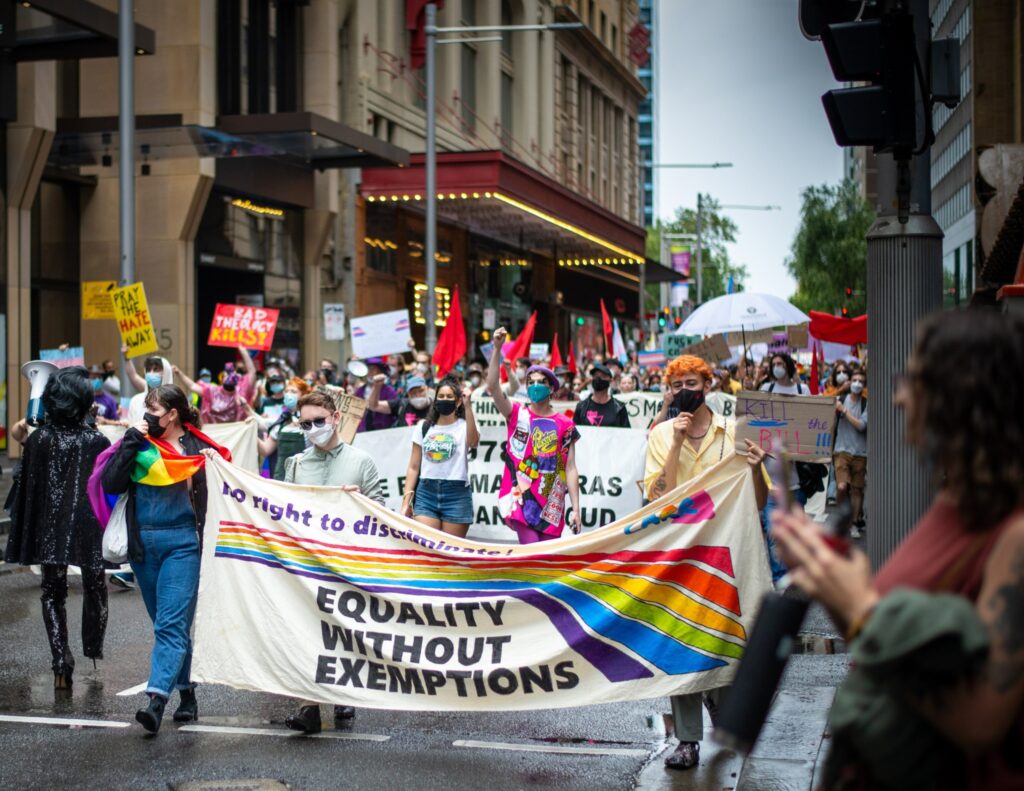
EC: I would argue that people who aren’t accepting of trans folks aren’t feminists to begin with. To speak to the question more broadly, though, I think more and more people who call themselves feminists understand themselves as allies of trans people, and this is important for college students because it gives them more space to explore their identities with less fear of violent repercussions.
Q. Why do you think gender roles (men work, women stay home) have not changed, although there are now more women in college than men?
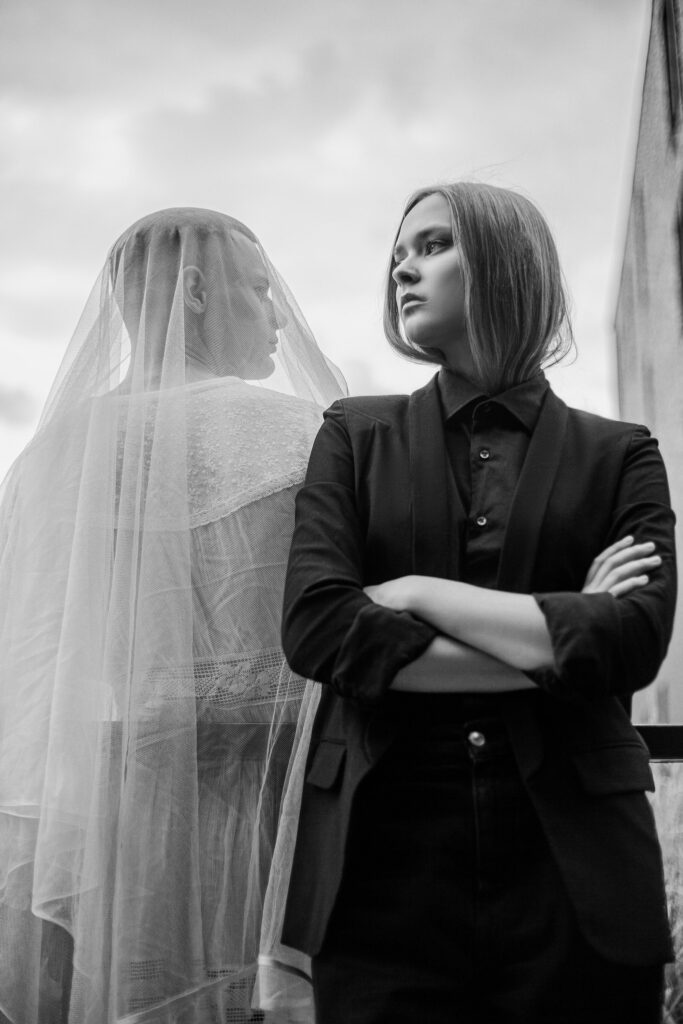
EC: Gender roles are a wicked problem, meaning they are extremely complex. Feminisms hold that people should be able to shape their lives according to their wishes, so a woman should be able to be a full-time employee if she wants, and she should be able to be a stay-at-home mom if she wants; one choice is not inherently better than the other. But the biggest part of the problem is that we do what we see, so change is slow. Boys see their dads and the other men in their life not doing housework, so they don’t. Girls see their moms and the other women in their life managing the household, and so they do. It takes intentional, purposeful action (or inaction) to alter that inertia. Studies show that even in households where heterosexual partners think they do an equal amount of housework, men do far less. Thus, this problem has to do not just with inertia but also with our own flawed perceptions.
Q. Why do you think it’s so important to celebrate Women’s History Month, especially for college students?
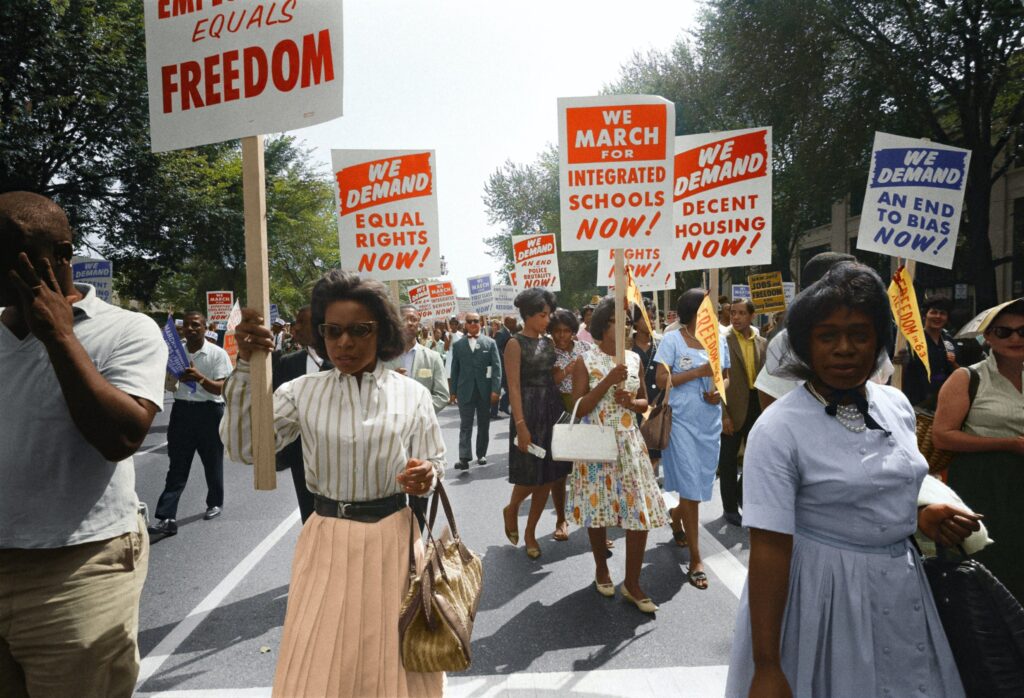
EC: It’s helpful to have a reason to pause and reflect. There was a time in my life, even though I always identified as a feminist when I thought the issues of feminism didn’t affect me much. Events like International Women’s Day and the experiences and statistics they help present are critical to helping people see why this all matters.
Q. Have you made any accomplishments you would like to note concerning feminism?

EC: My book, Feminist Technical Communication, will be published in November. It’s the first monograph in my field (technical communication) devoted entirely to thinking about feminisms’ intersections with tech communication.
Q. Can you offer two to three tips on how college students can easily protect women’s rights?
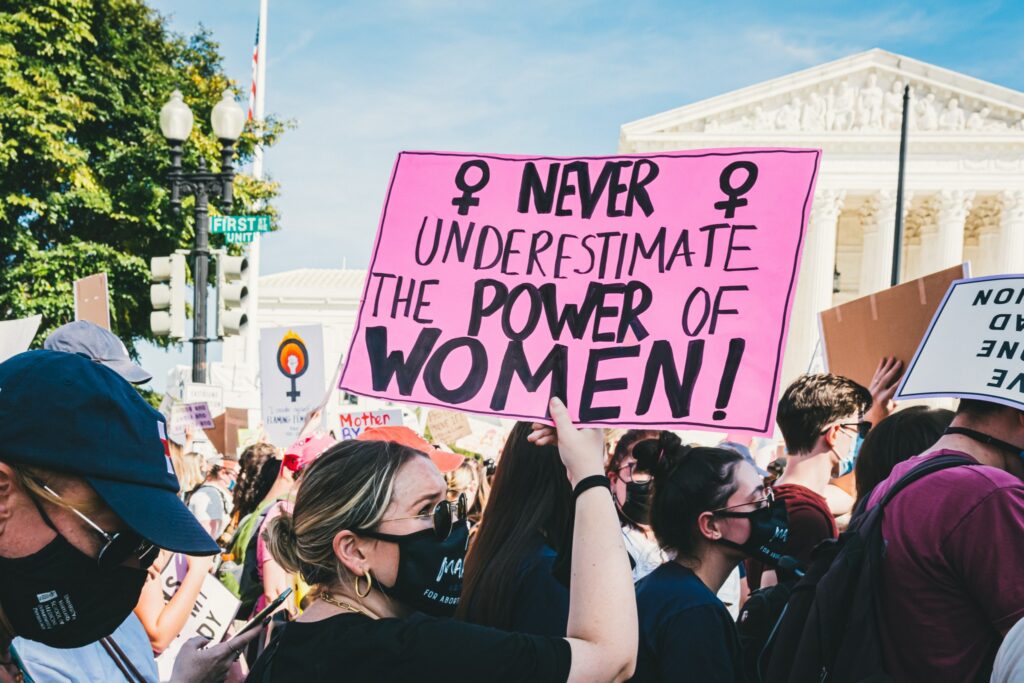
EC: I’ve actually developed a method for applying feminism —I call it apparent feminism— that has three tenets! The first is to make your feminism apparent; put a face on it and let people see it’s a reasonable worldview. The second is to embrace people based on ideas and not labels; if they don’t want to be a feminist, that’s fine (there are good reasons for that!). What work can we do together anyway? The third is to pay attention to arguments based on efficiency. Very often, efficiency gets used as a rationale for ignoring effects on people’s lives, so when you see someone invoking efficiency, ask a lot of questions.
Those are fairly theoretical, so I’ll also say:
1. Read books by women
2. Support Planned Parenthood
3. Try really hard to sponsor civil conversations with the people you love most about women’s rights.
How to Connect with Dr. Erin Clark:
Reach Professor Clark’s blog here: https://erinclarkfrost.com/

